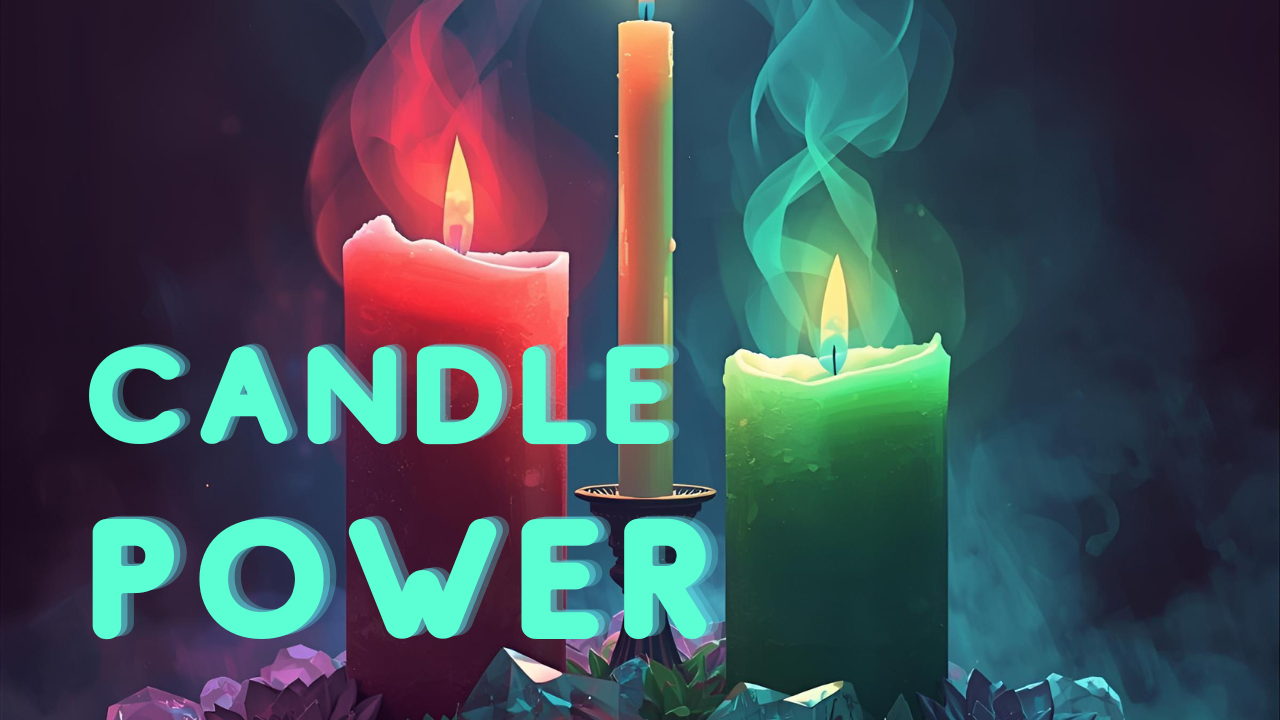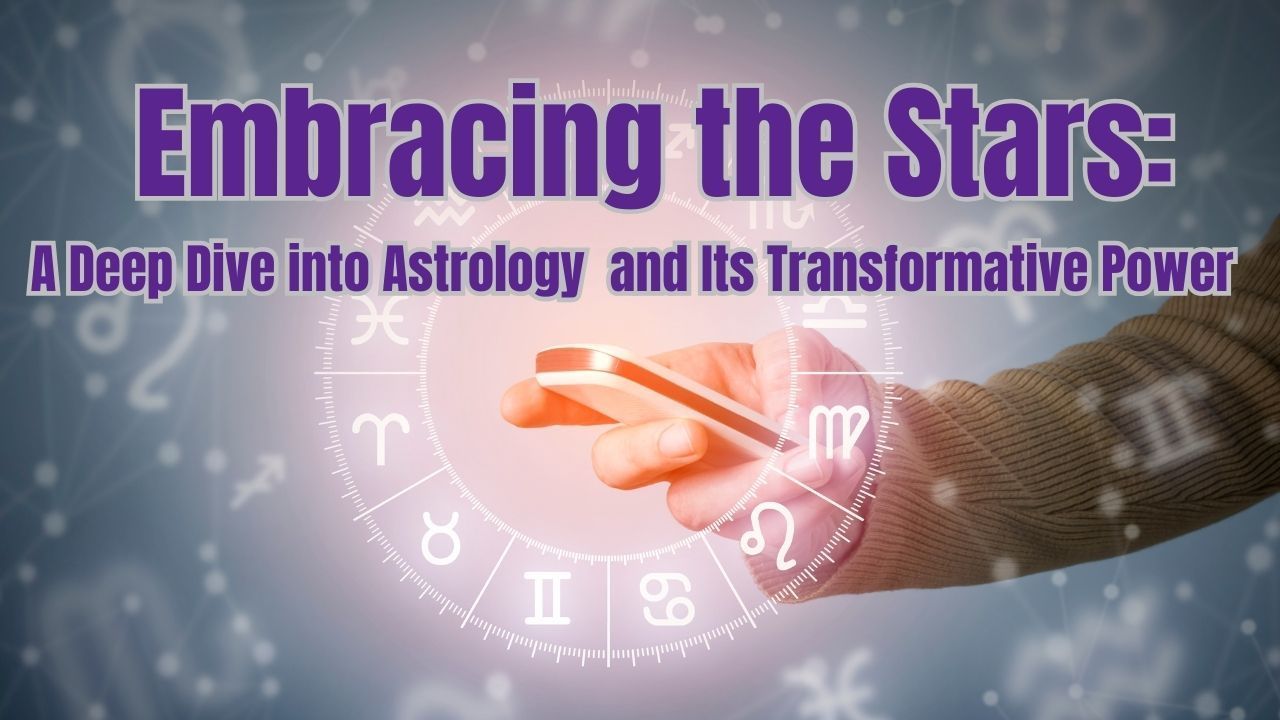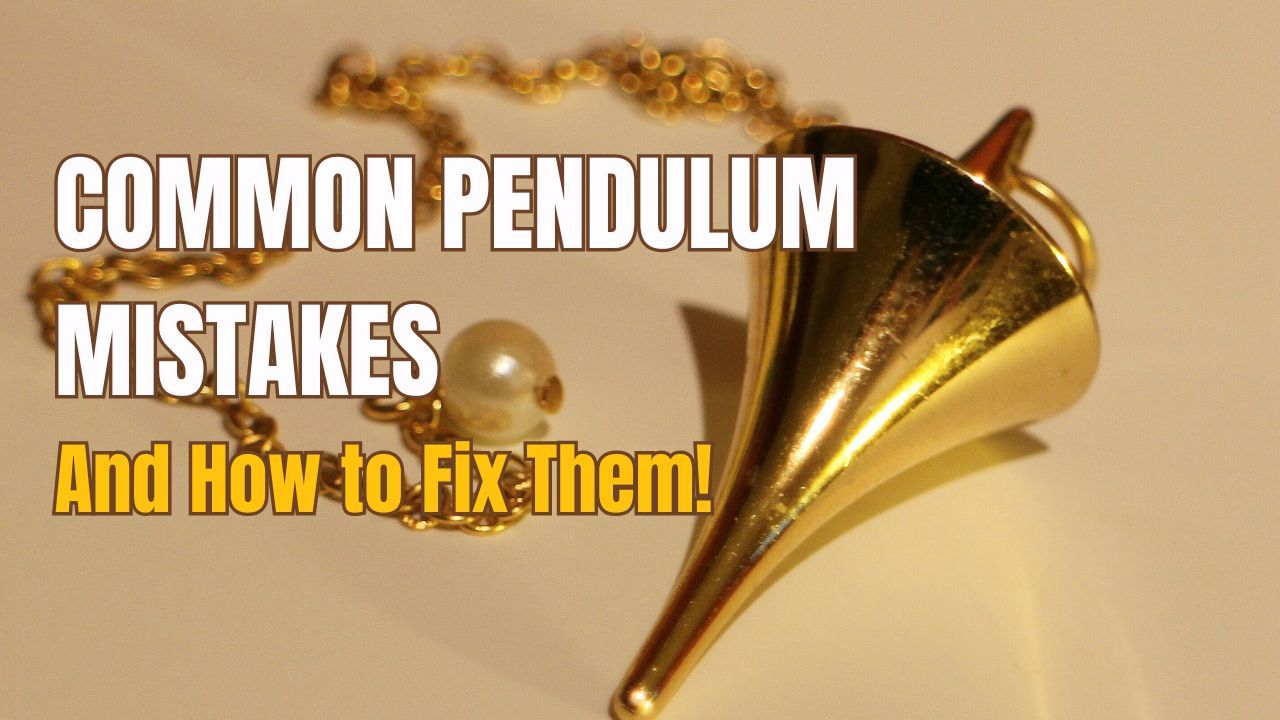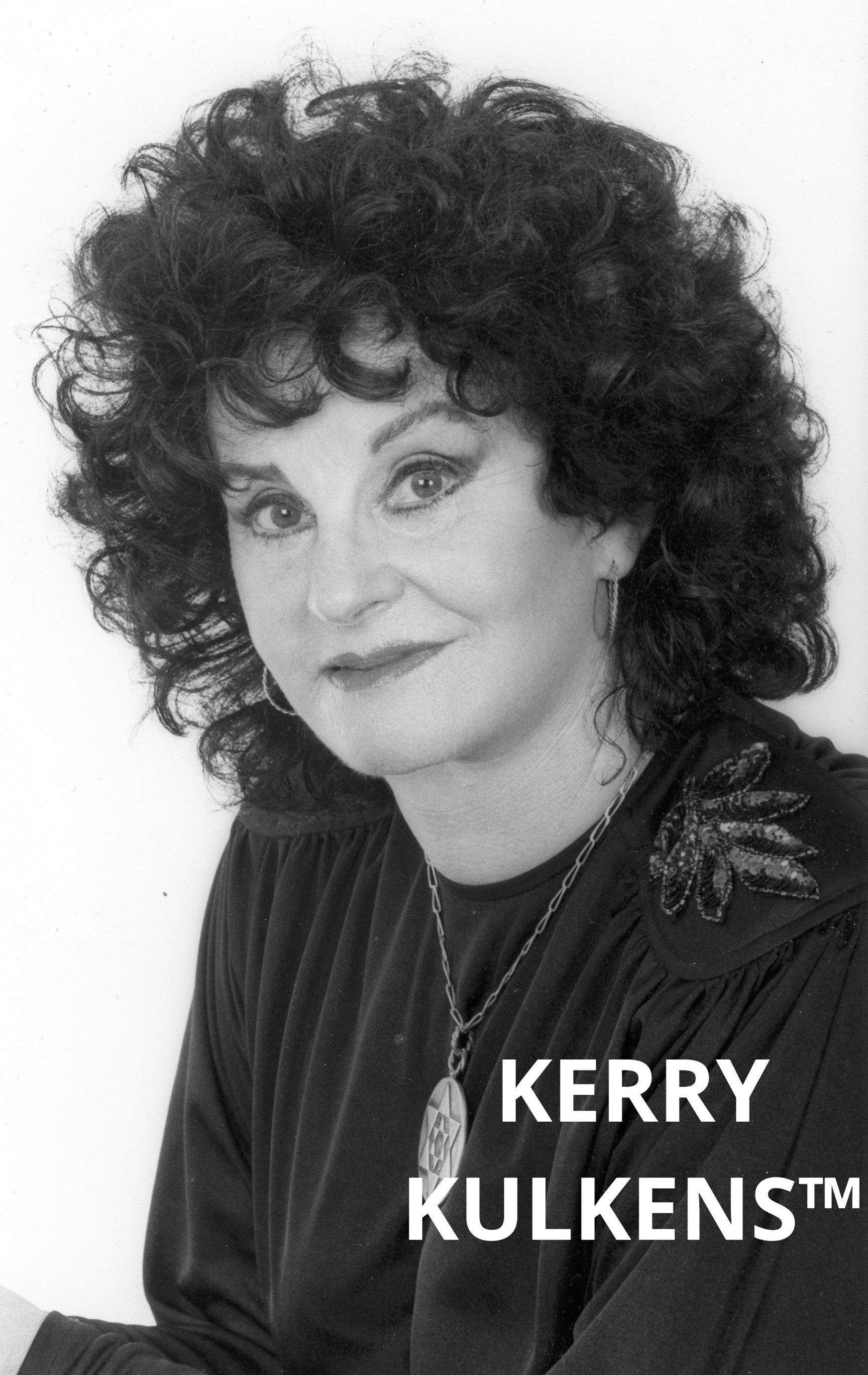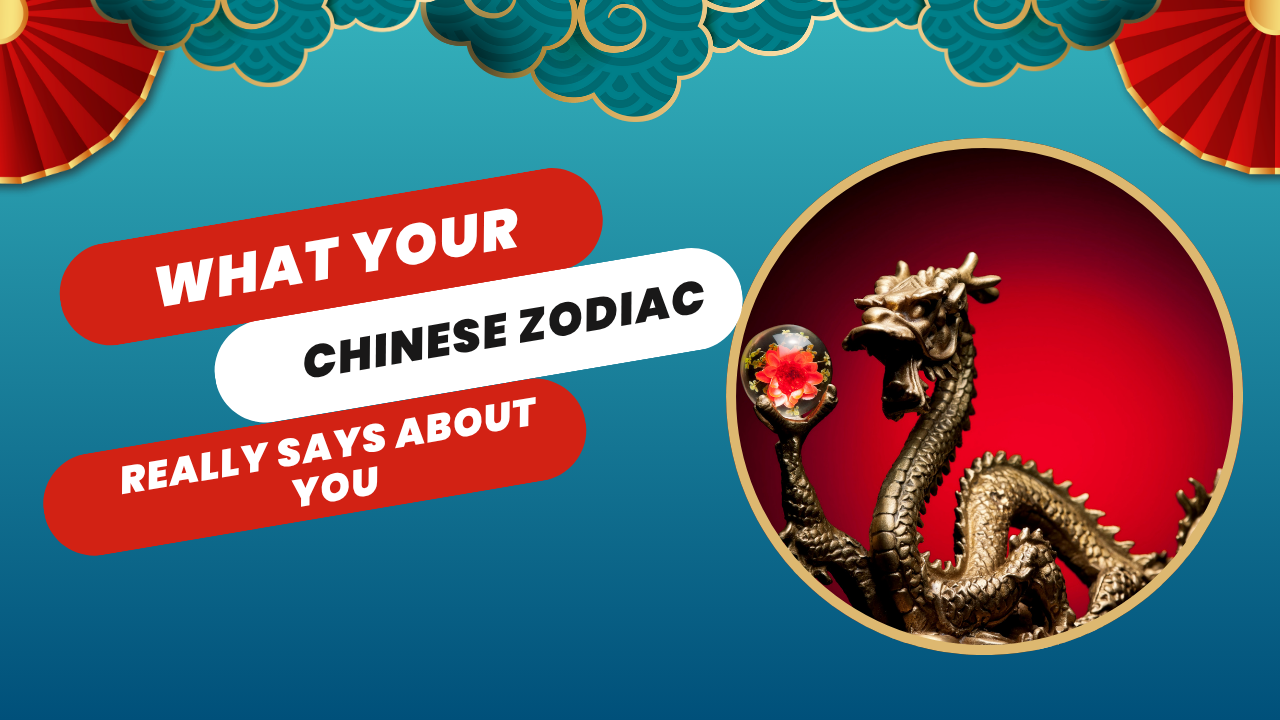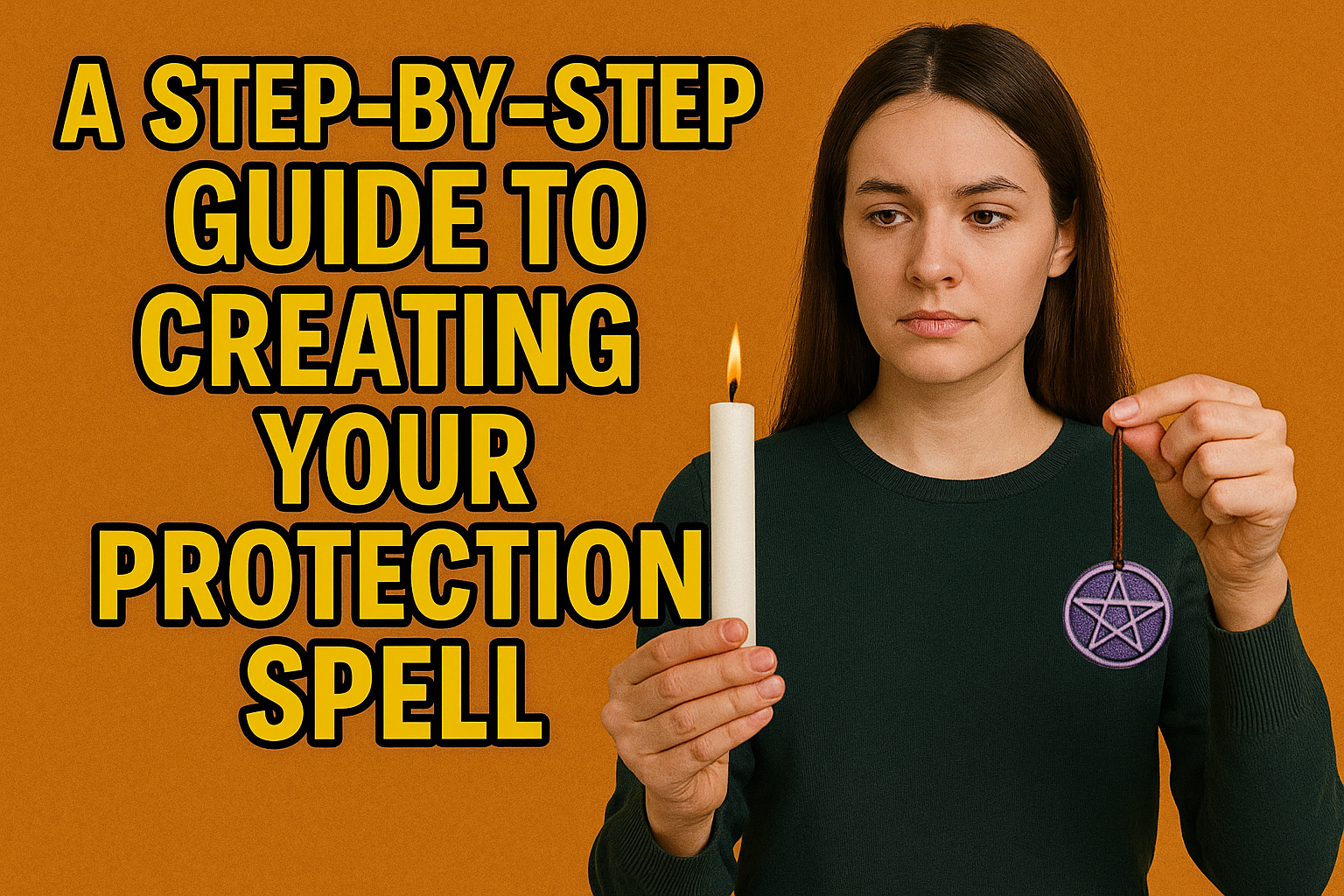Bridging the Divide:
Religion and Witchcraft
A Call for Understanding
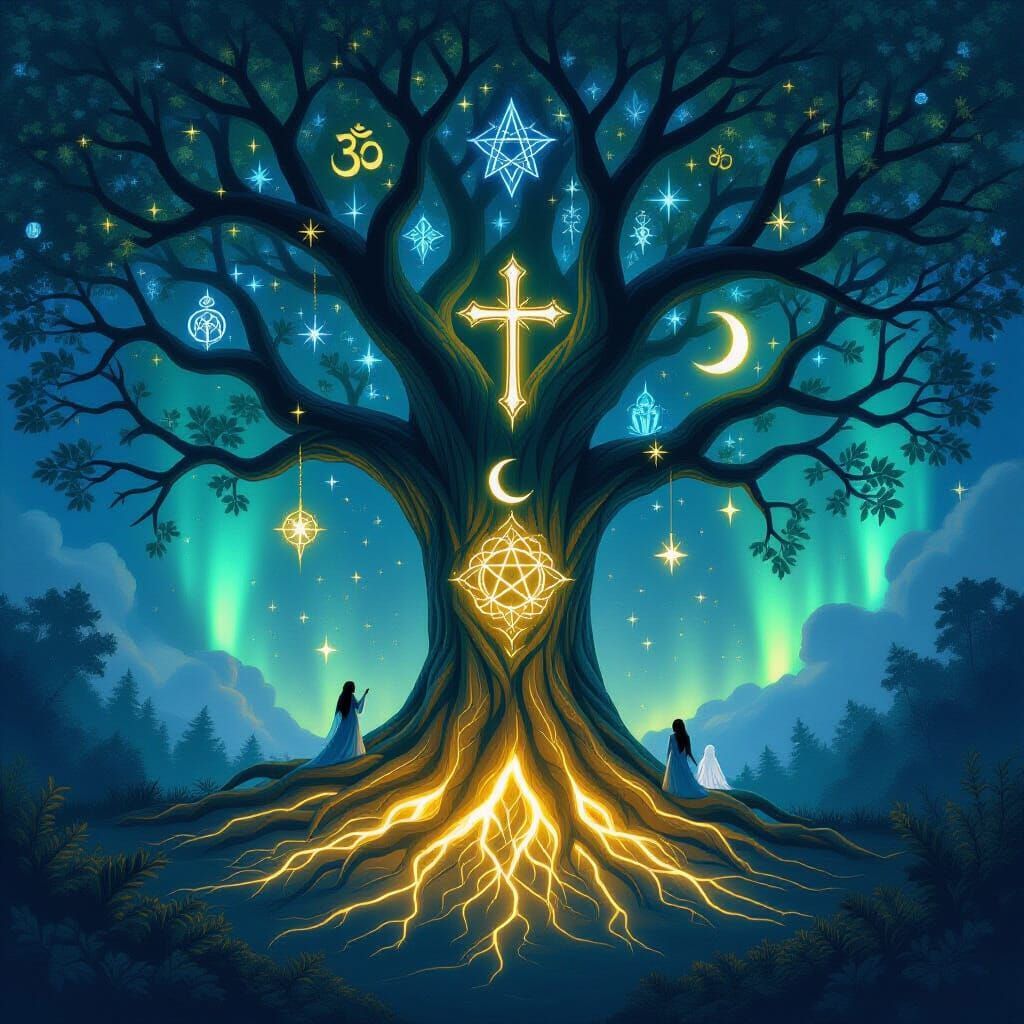
The clash between religion and witchcraft has been a long-standing issue, with deep-rooted beliefs and misconceptions on both sides. While religion has been a guiding force for billions of people worldwide, witchcraft, or Wicca, represents a diverse set of spiritual practices rooted in nature and ancient traditions. This blog post aims to shed light on this contentious topic, exploring the historical context, dispelling myths, and advocating for mutual respect and understanding.
Throughout history, there has been a complex relationship between religion and witchcraft. In pre-modern societies, witchcraft was often viewed with fear and suspicion, as it was associated with practices seen as unorthodox or malevolent. This led to numerous witch trials and persecutions, particularly during the infamous European witch hunts in the late Middle Ages and early modern periods.
Over time, some aspects of witchcraft were integrated into folklore and local customs, while others continued to be seen as contrary to religious teachings. As a result, tensions between religious institutions and practitioners of witchcraft persisted.

Dispelling Myths and Misunderstandings:
To foster a more inclusive and compassionate society, dispelling myths surrounding religion and witchcraft is essential. It is crucial to recognise that not all practitioners of witchcraft engage in dark or malevolent activities. Wicca, for instance, is a modern pagan religion that emphasises harmony with nature, respect for all living beings, and the celebration of life cycles.
Likewise, it is important not to stereotype religious individuals as closed-minded or intolerant. Many spiritual traditions encourage their followers to embrace love, compassion, and understanding toward others, even those with different beliefs.
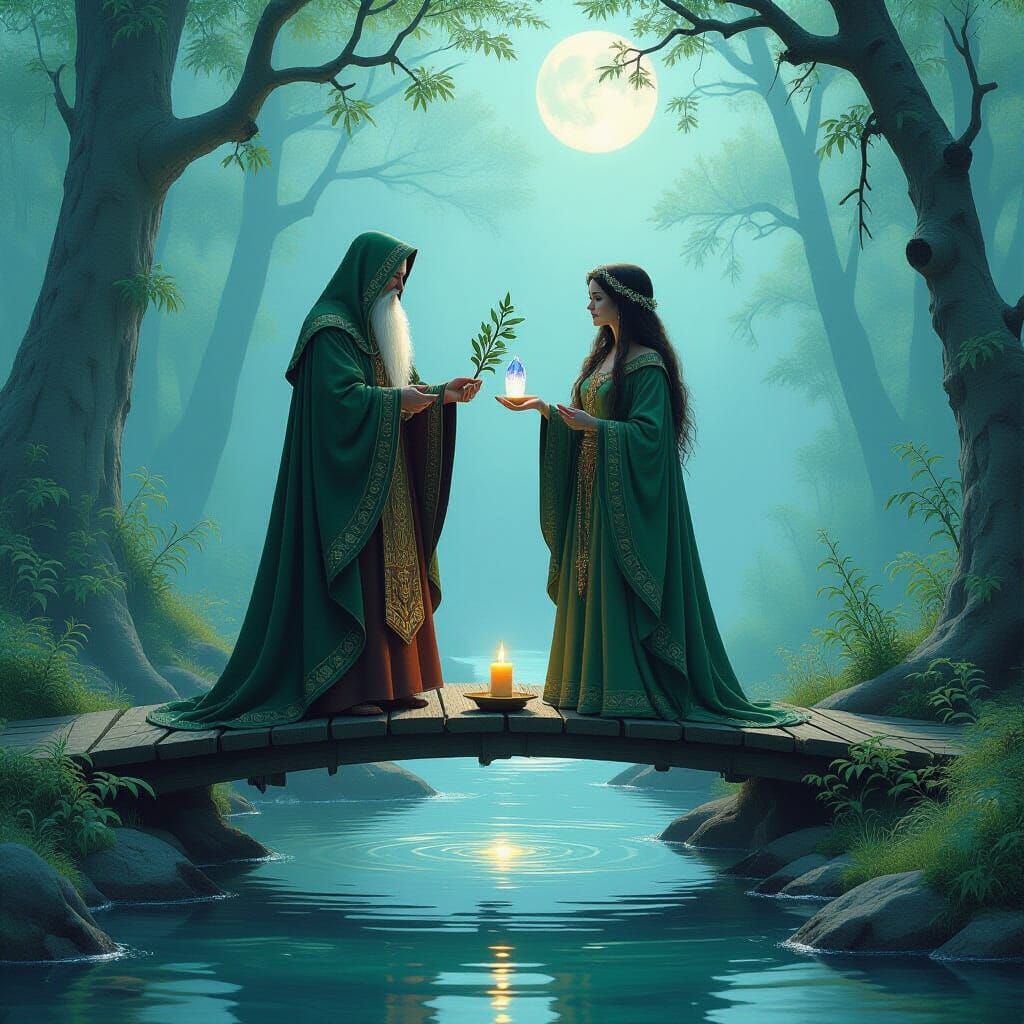
Finding Common Ground:
While religion and witchcraft may have apparent differences, there are also areas of potential common ground. Both often share a reverence for the natural world, a belief in the power of intention and prayer, and a recognition of the interconnectedness of all living beings. Recognising these shared values can pave the way for greater understanding and cooperation.
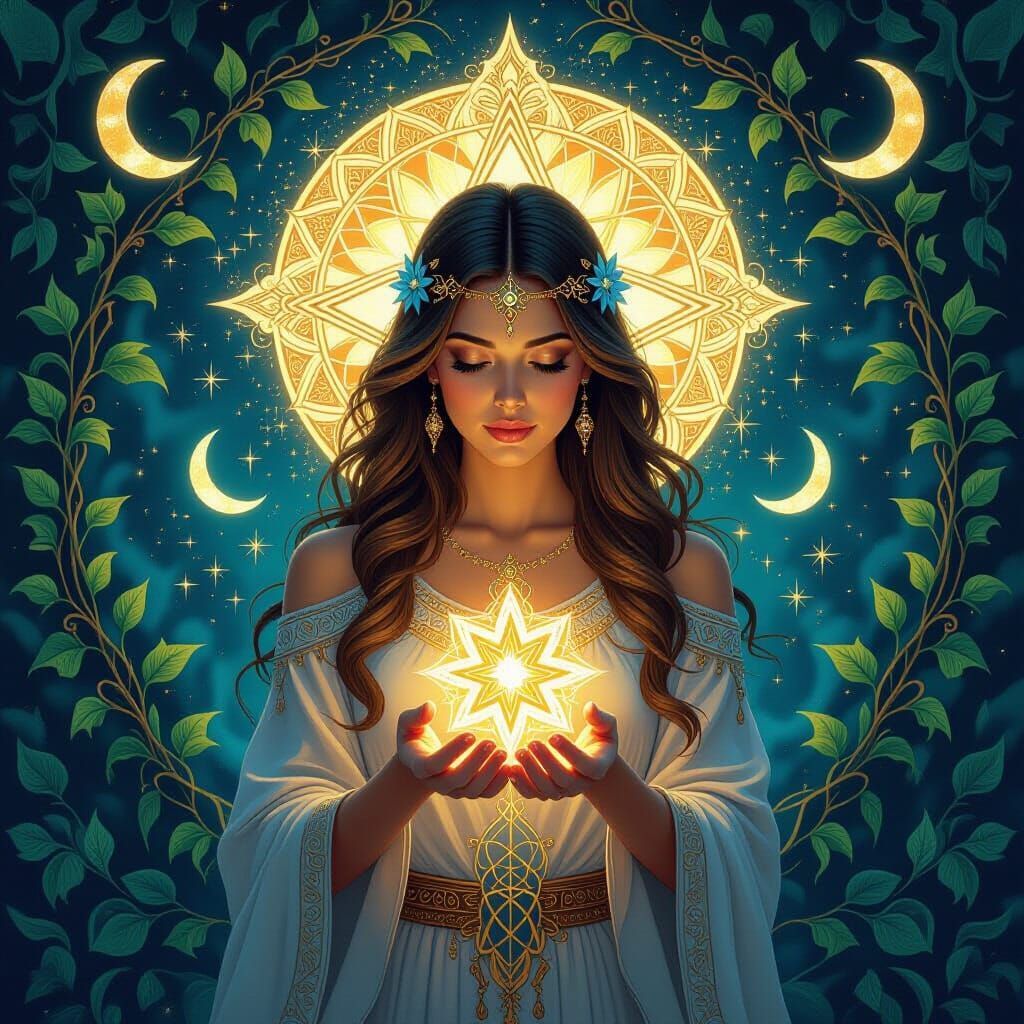
Promoting Tolerance and Respect:
The fight between religion and witchcraft often stems from fear of the unknown or fear of being misunderstood. By promoting open dialogue, active listening, and genuine curiosity about each other's beliefs, we can build bridges of understanding and break down barriers that divide us.
In a diverse and pluralistic world, it is essential to recognise that people have the right to follow their spiritual path freely. Religious freedom and freedom of belief are fundamental human rights that should be upheld and respected for everyone, regardless of their faith or spiritual practices.
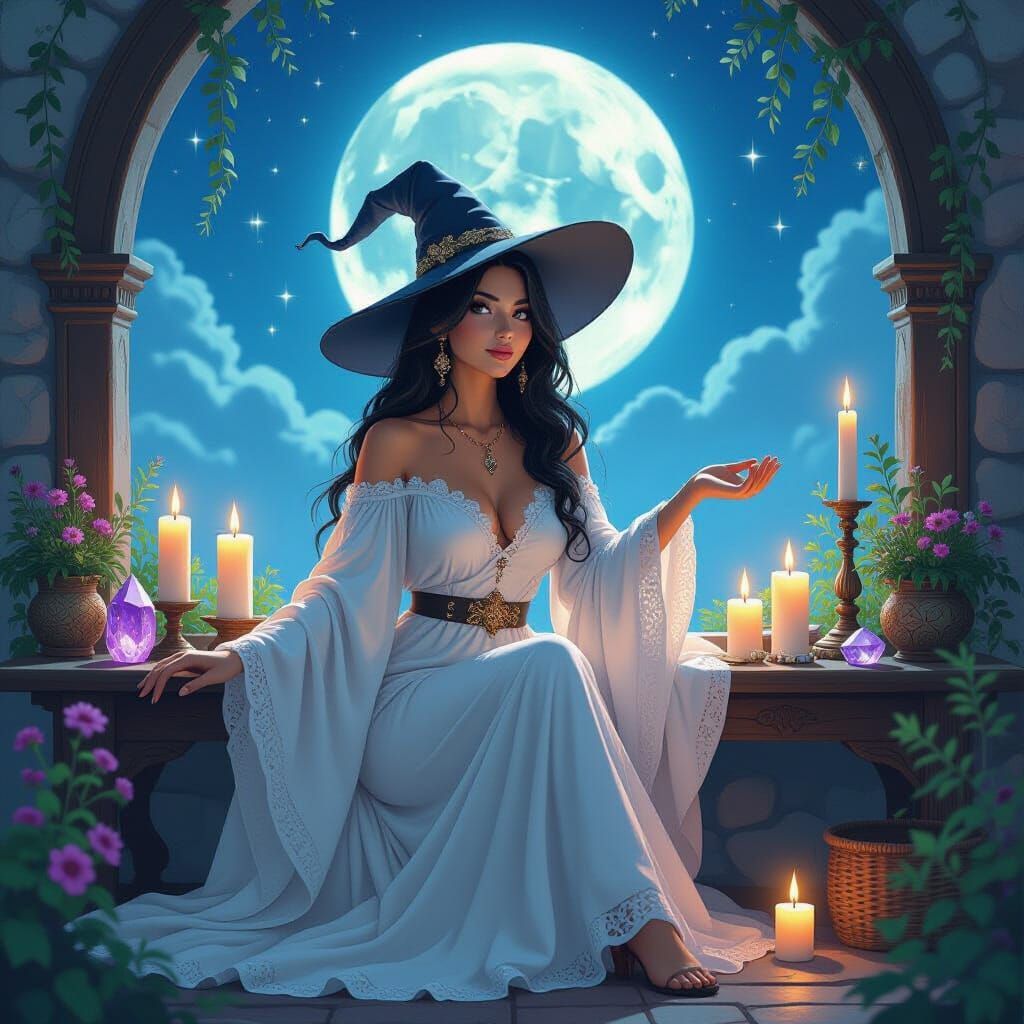
The conflict between religion and witchcraft is a complex issue that requires a nuanced and compassionate approach. We can foster a more harmonious and understanding society by dispelling myths, finding common ground, and promoting tolerance and respect.
Let us remember that at the core of every religion and spiritual practice lies the desire to find meaning, connection, and purpose. Embracing our differences and seeking to understand one another's beliefs can lead us to a more compassionate and united world. Together, we can build a society where religious and spiritual diversity is celebrated, and the fight between religion and witchcraft becomes a tale of mutual respect and coexistence.
Sarah Kulkens™
